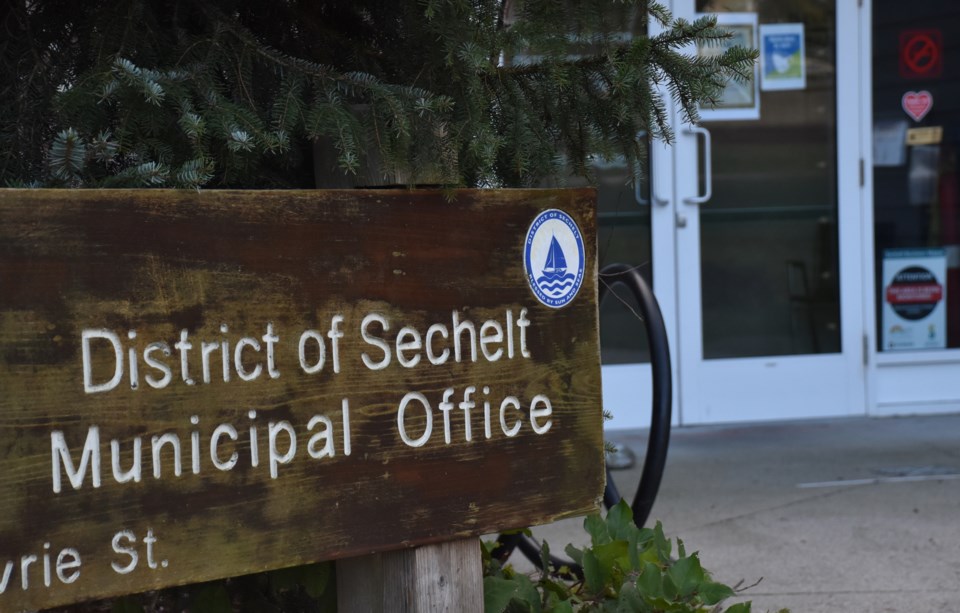District of Sechelt council had a first look at the preliminary budget for Sechelt’s sewer system – and staff repeated the same message from previous years: the operating fund needs work.
In summarizing the budget breakdown at a Jan. 27 committee of the whole meeting, financial services director David Douglas described the sewer operating budget as “underfunded,” with no money being transferred to reserves.
Heading into 2021, total operating revenues for the budget were slightly more than $4 million, with $3.6 in expenses, leaving about $450,000 surplus available.
Several new operating items were requested by staff, including two part-time staff along with ongoing expenses, for a total of $451,600.
Douglas said to cover operating and capital costs a 23 per cent increase to sewer user fees is recommended for 2021, increasing the bill to about $607 for a residential user compared to $494 last year.
He said for the 2021 budget $587,000 in sewer user fees would be needed, and looking ahead to the next five years similar amounts would be standard.
“If we’re able to do an increase this year, we’re hoping the increases would stabilize a little bit more going forward,” he said.
On the capital side, major items included $350,000 to build a chemical storage facility for the Water Resource Centre (WRC) using loans and $250,000 for an “ultrafiltration unit replacement” to be paid with sewer user fees.
Another major item was septage solids disposal at $500,000, paid from septage reserves, and $150,000 for a septage closure plan, also paid from reserves.
During discussion, Mayor Darnelda Siegers also asked that sewer and septic revenues and costs be split out going forward to make the budget more transparent. She made a motion to that effect, which council supported.
In total, $2.8 million in capital projects have been planned for 2021.
Coun Matt McLean noted the rate increases would be “just the beginning of us starting to get a grasp on what it take to maintain a fully functional and sustainable sewer system” – noting the collection system in particular was in need of maintenance.
Kirn Dhillon, engineering and operations director, said staff will be putting a program together to address collection, which may look at working with “neighbouring jurisdictions” to be more cost effective with contractors. Part of that program would include relining pipes.
“We have been focusing on the big ticket asset items – that’s obviously the WRC,” he said. “The pipes usually get less attention because they’re buried in the ground.”
The district has about 50 kilometres of underground sanitary sewer pipes.
Dhillon noted in the two and half months since he started working at the district, staff have needed to fix two failing sanitary connections. “I hope that trend doesn’t continue,” he said. “It’s definitely something we need to pay attention to.”
Siegers acknowledged the issue, as well. “We don’t know the total state of our assets. We do know that we haven’t been paying enough attention to them and that we need to do that. I think that’s what this points out to the community,” she said of the budget.
Douglas said a short presentation with the community is upcoming.



